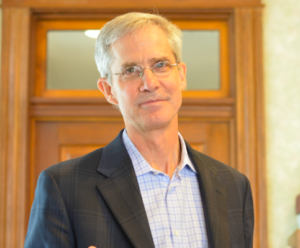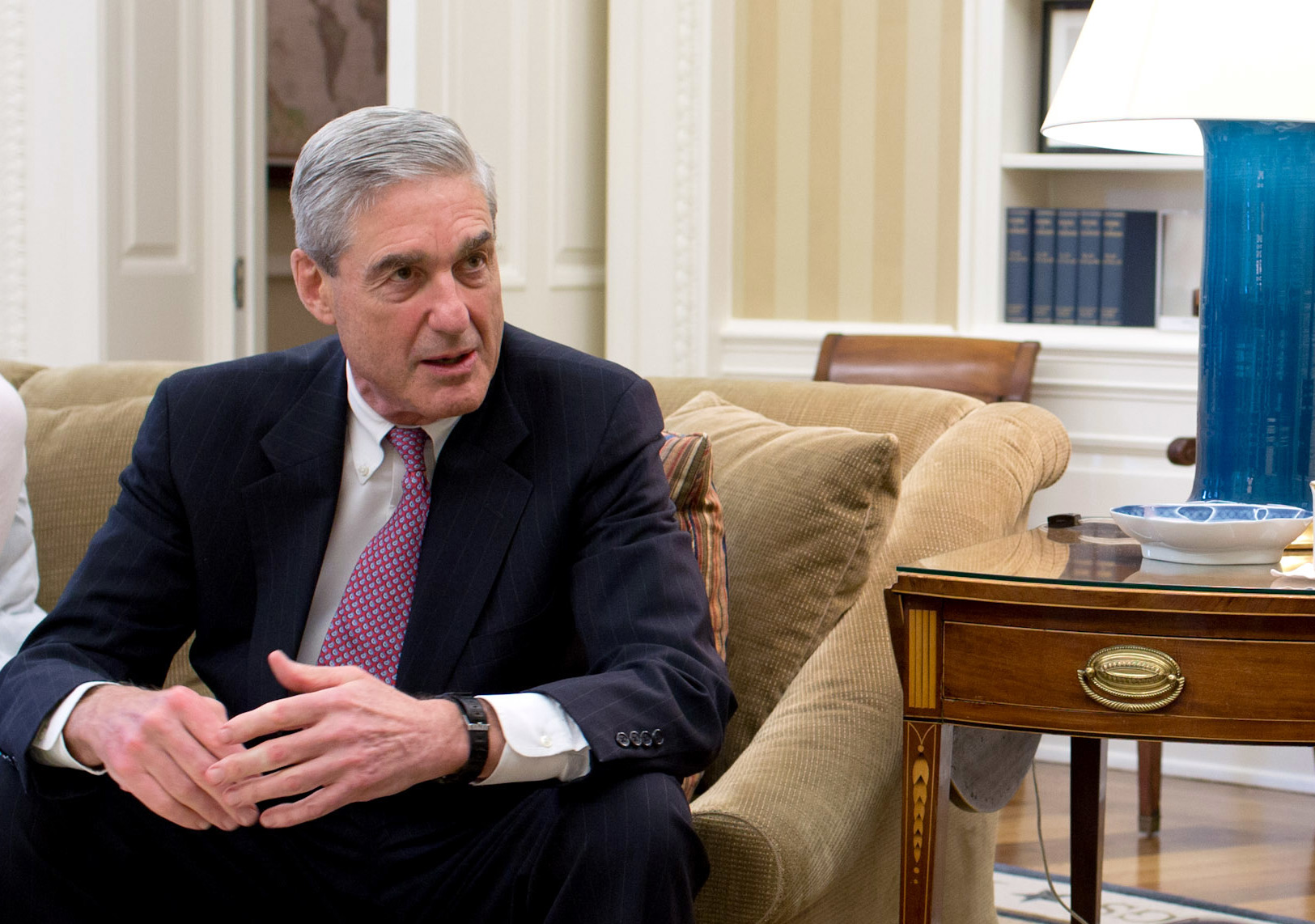By Emily Wunderlich
The independent investigation into Trump-Russia collusion made its biggest move to date last week, charging three former campaign officials with crimes.
President Trump’s former campaign chairman Paul Manafort and his former business partner Rick Gates have been charged with 12 counts of financial crimes.
These revelations left USF St. Petersburg’s Political Science Coordinator Thomas Smith stunned.
“If you put this in historical context, this is enormous,” Smith said. “Somebody who was leading the campaign for a President (has) a long pattern of criminal and corrupt behavior going back at least a decade.”
Smith holds a doctorate in foreign affairs and specializes in human rights. In addition to teaching political science, he is the honors program director.
Smith shared his thoughts on how indictments unearth more problematic questions surrounding Manafort.

“It’s amazing to me that President Trump would even have chosen (Manafort) to be a campaign manager,” he said.
Manafort served as then President-elect Donald Trump’s campaign chair in the 2016 election. Gates helped run Trump’s inauguration.
Manafort and Gates used offshore accounts to hide $75 million in income they did not report to the government. Both were charged with money laundering and turned themselves into the FBI.
Robert Mueller, special counsel investigating Russia’s role in the 2016 presidential race, sent shockwaves through the White House when he subpoenaed Manafort and Gates Oct. 30.
“If you want to ‘drain the swamp,’ this is a very good place to start,” Smith said.
Details emerged that Manafort and Gates were both agents for former Ukrainian President Viktor Yanukovich and his pro-Russian Party of Regions. Manafort was also charged with filing false reports to conceal this information, according to the Tampa Bay Times.
While neither case explicitly mentions the president or alleged collusion on the campaign trail, they do negate Trump’s insistence that the investigation is a “hoax” propelled by the Democrats and the “fake news media.”
Trump issued a tweet, arguing that Manafort’s offenses were committed prior to the election.
“Sorry, but this is years ago, before Paul Manafort was part of the Trump campaign,” the tweet read.
Trump also called to bring “crooked Hillary” and the Democrats to the forefront.
According to the Tampa Bay Times, Manafort’s scheme ran from 2006 to 2017.
Shortly thereafter, foreign policy adviser George Papadopoulos pled guilty to lying to the FBI about his ties to Russia. He admitted to meeting with a Russian dignitary who claimed to have “dirt” in the form of thousands of emails on then-presidential candidate Hillary Clinton.
So far, Papadopoulos’ case provides the most definitive evidence that the Russian government hacked Democratic email servers to release confidential information, and the Trump campaign knowingly accepted that help to bolster its platform.
“You’ve got to give it to Mueller,” Smith said. “He has never spoken publicly; he is sort of the anti-Trump – while he is tweeting about everything, Mueller has kept it very close to the vest and is building a case in a methodical way.”
Trump again took to Twitter to downplay Papadopoulos’ role as a volunteer in the campaign.
Some conservatives are pushing for Mueller’s resignation. However, Trump could end the investigation prematurely by firing Mueller.
“Politically, it would be very difficult for him to fire Mueller. He can do it, but it would look like coverup. It would look like he’s got much to hide,” Smith said.
Another alternative would be to pardon Manafort, Gates, Papadopoulos and any others involved.
“I think this whole notion of the pardon is really interesting,” Smith said. “The President under the Constitution can only pardon people for federal crimes. But in Manafort’s case and in Gates’ case, these financial crimes are also state crimes.”
“Even if (they) are pardoned, I think the states will then step up and continue to apply pressure on them.”
Instead, former campaign adviser Roger J. Stone suggested he deflect the blow back on Hillary Clinton by calling for an investigation into Uranium One – the deal that gave Russian interests a share in the American uranium market while she was Secretary of State.
This would create a conflict of interest for Mueller, who was the FBI director at the time.
However, the deal required unanimous approval from the Committee on Foreign Investment in the United States – a panel consisting of nine members, none of whom were Hillary Clinton.
“To say this is a ‘Hillary thing’ seems like a stretch,” Smith said.
Smith believes that Mueller’s work will have lasting implications on future elections.
“In general, I think it sets a good precedent,” he said. “You need a pretty squeaky-clean candidate, but also campaign team because (of) the scrutiny you are going to withstand.”
“Things are going to come out; campaigns are going to have to be careful about who they’re hiring, where they’re getting their money, how they’re spending their money.”
Information from the New York Times and the Tampa Bay Times was used in this report.
Pictured Above: Robert Mueller, named special counsel in May, oversees the investigation into links and or coordination between the Russian government and the campaign of President Donald Trump. Courtesy of Pete Souza



